Processing dragon fruit for export packaging in Binh Thuan . (Photo: Hong Nhung/ VNA)
On May 13, a seminar on connecting Vietnam-UK agricultural, forestry and fishery trade took place in London, attracting about 40 businesses from both countries operating in the fields of production, trading, processing of agricultural, forestry and fishery products, logistics services for the import and export of agricultural products, as well as representatives of UK agricultural product associations.
The event was jointly organized by the Ministry of Agriculture and Environment of Vietnam and the Embassy of Vietnam in the UK to discuss the current situation, needs and potential of Vietnam-UK agricultural trade.
Speakers at the seminar introduced Vietnam's key agricultural export industries and the potential of the poultry industry; shared information on consumer tastes and regulations of the two countries in managing the import and export of agricultural, forestry and fishery products; ways to promote and distribute Vietnamese food, vegetables and fruits to supermarket chains and distribution channels in the UK... and made recommendations to facilitate and promote agricultural cooperation and market access for the two countries' key products.
At the seminar, Deputy Minister of Agriculture and Environment Tran Thanh Nam highly appreciated the potential of the UK market, emphasizing the importance of organizing annual activities connecting businesses and industry associations of the two countries, creating groups of businesses linked along the supply chain, while promoting trade promotion activities, researching market tastes as well as meeting import and export control regulations of the two sides.
Mr. Hoang Viet Phuong, Chairman of the Vietnam Business Association in the UK (VBUK), said that British businesses are increasingly looking to expand cooperation in the agricultural sector, especially in seeking sustainable, high-quality and reliable supply sources.
He said Vietnam can fully exploit this potential with its strengths in exporting vegetables, fruits, seafood and processed foods - Vietnamese products that are increasingly popular in international markets, including the UK.
Sharing the same view, Mr. Paul Rooke, Chairman of the British Coffee Association, said that Vietnamese coffee exporters can exploit the British market - a market with large and diverse demand.
Mr. Rooke highly appreciated the quality of Vietnamese coffee, and said that Vietnamese robusta coffee has a good chance in the UK. According to Mr. Rooke, to capture this market, it is important that Vietnamese businesses clearly understand the requirements of British importers, not only in terms of quality but also in terms of environmental regulations, anti-deforestation, fair trade, etc.
Sharing the experience of distributing fresh Vietnamese fruits of Longdan Group - one of the largest importers of Vietnamese goods in the UK, Ms. Nguyen Thi Minh Phuong, Product Development Director of the group, pointed out the importance of the product localization strategy (keeping the local name such as Cao Phong orange, Nam Roi grapefruit...), helping to create product recognition for British consumers.
She also emphasized that the combination of digital marketing and point-of-sale marketing (inviting customers to try the product) is an effective way to introduce Vietnamese specialty fruits that many local consumers do not know about.
Hoa Binh green-skinned grapefruit after being processed, cleaned, and packaged. (Photo: Manh Minh/VNA)
Mr. Thai Tran, CEO of TT Meridian Ltd, a company specializing in importing fresh fruits and Vietnamese food, said that in recent years, along with the strong development of bilateral trade, many Vietnamese products and brands have become familiar in the UK with fresh fruits such as grapefruit, coconut, dragon fruit, passion fruit... now available in many large and high-end supermarket chains in the UK such as Waitrose, M&S, Tesco...
Mr. Thai Tran said that with the tariff incentives under the Free Trade Agreement between Vietnam and the United Kingdom of Great Britain and Northern Ireland (UKVFTA), Vietnamese agricultural products have an advantage in the UK market, but noted that these advantages will soon disappear when the UK strengthens negotiations and signs bilateral trade agreements, most recently the agreement with India. Therefore, to maintain market share in the UK, Vietnamese manufacturers and exporters need to maintain stable product quality, improve technology, and manage costs effectively to improve product quality, while maintaining or even reducing costs.
He also recommended that Vietnamese businesses focus on product and brand sustainability, as well as requirements on environmental protection and corporate social responsibility, which are plus points when exporting to the UK.
Mr. Thai Tran suggested that relevant authorities and trade promotion organizations coordinate with major distributors in the UK to organize events to promote the Vietnamese national brand, such as organizing Vietnamese Goods Week across the UK from big cities to rural areas, as an effective way to promote Vietnamese products to British consumers.
The UK is considered a large potential market with an annual import value of agricultural products and food reaching 67 billion USD. In recent years, Vietnam-UK agricultural trade has continuously grown positively. In 2024, Vietnam's agricultural export turnover to the UK reached nearly 883 million USD, an increase of 15.4% over the same period last year.
Vietnam's strong products are also products that the UK has a large import demand for, including seafood, wood and wood products, coffee, cashew nuts, vegetables, pepper and handicraft products from rattan, bamboo, sedge, carpets, etc. Vietnam also imports seafood, pesticides and raw materials, animal feed and raw materials, rubber, etc. Import and export goods between the two sides do not directly compete but complement each other's markets and both sides still have a lot of room to expand the market.
Source: https://baobinhphuoc.com.vn/news/4/172750/ket-noi-thuong-mai-nong-lam-thuy-san-viet-nam-anh


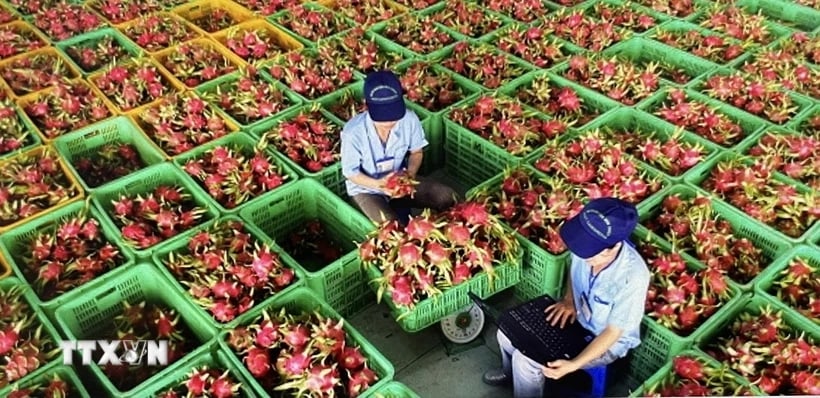
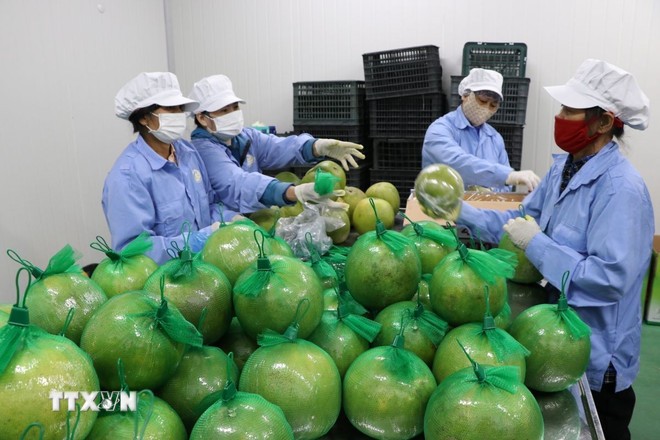


![[Photo] Prime Minister Pham Minh Chinh meets the Vietnamese community in Malaysia](https://vphoto.vietnam.vn/thumb/1200x675/vietnam/resource/IMAGE/2025/5/25/1f11d1256d7745a2a22cc65781f53fdc)
![[Photo] Panorama of the memorial service for former President Tran Duc Luong](https://vphoto.vietnam.vn/thumb/1200x675/vietnam/resource/IMAGE/2025/5/25/d33968481f21434fa9ed0df48b9ecfa9)
![[Photo] President Luong Cuong receives Lao Vice President Pany Yathotou](https://vphoto.vietnam.vn/thumb/1200x675/vietnam/resource/IMAGE/2025/5/25/958c0c66375f48269e277c8e1e7f1545)
![[Photo] Memorial service for former President Tran Duc Luong in Ho Chi Minh City](https://vphoto.vietnam.vn/thumb/1200x675/vietnam/resource/IMAGE/2025/5/25/c3eb4210a5f24b6493780548c00e59a1)
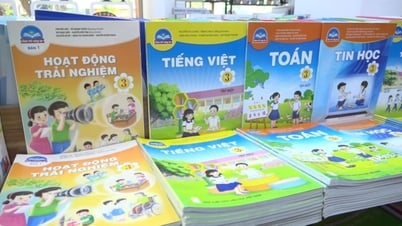



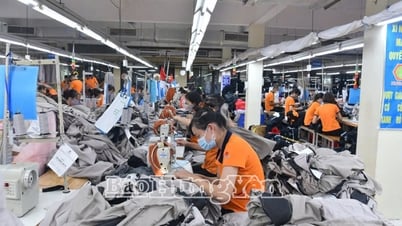

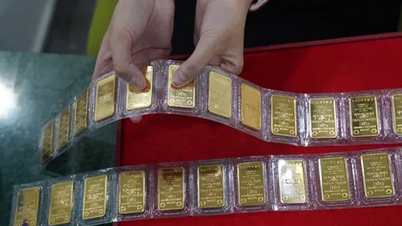

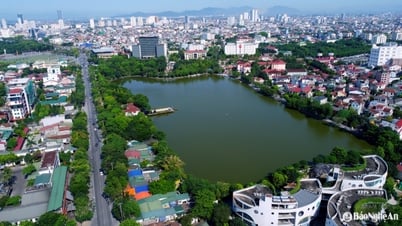

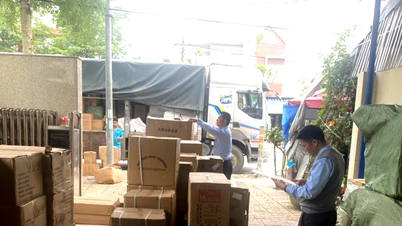






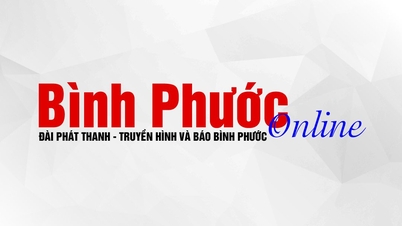
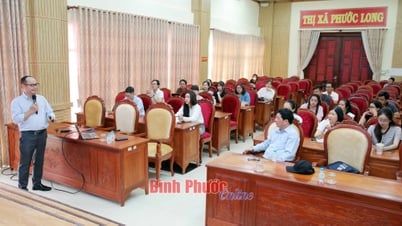
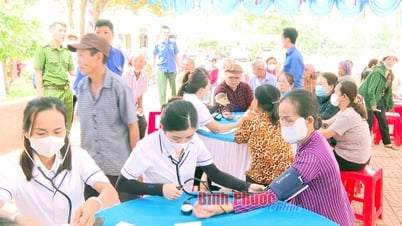

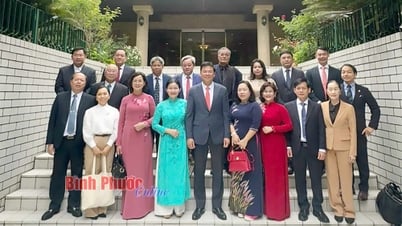


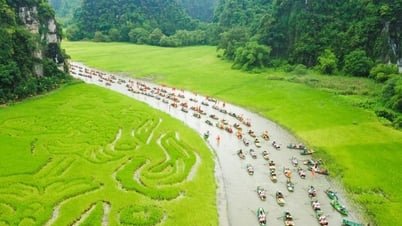

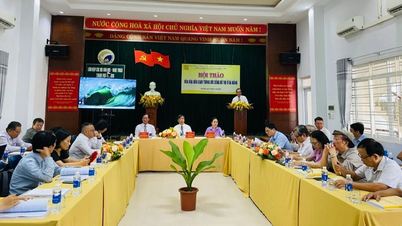

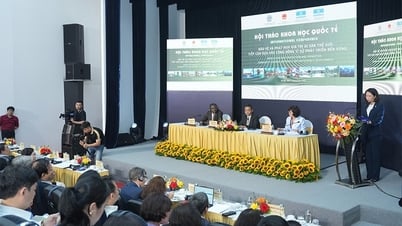



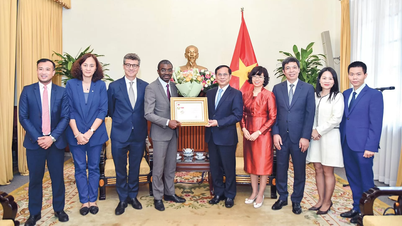




















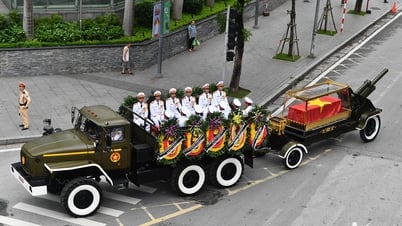



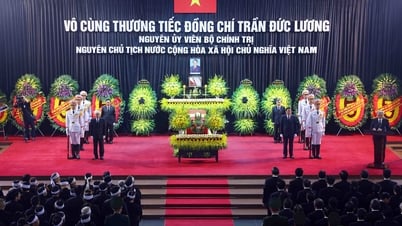











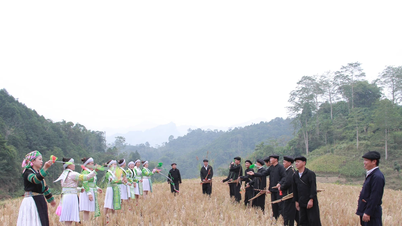

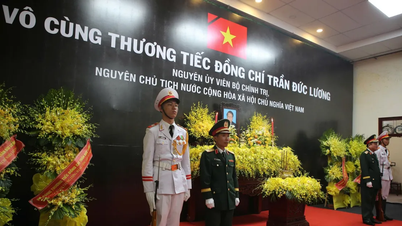

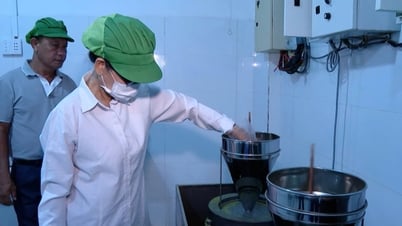




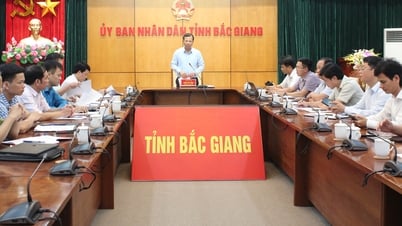



Comment (0)